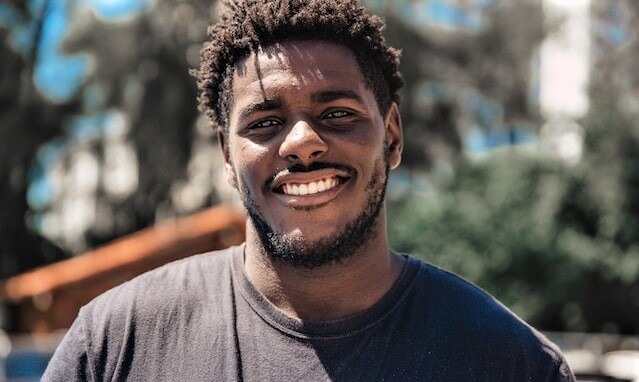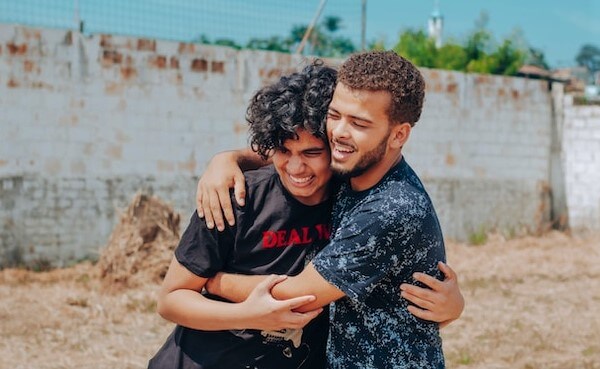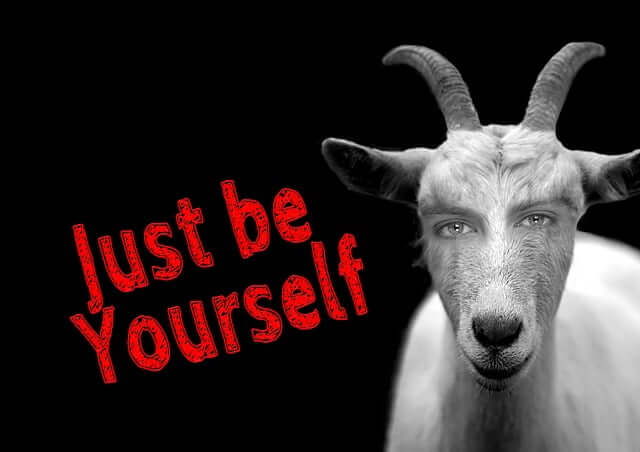The Pros and Cons of Being a Vulnerable Individual
We are diving into the pros and cons of Vulnerability in a very practical way.
Being vulnerable is often seen as a weakness, but it can also be a strength that leads to personal growth and stronger relationships with others.
In this blog post, we’ll explore the pros and cons you could encounter if you tend to be a vulnerable individual.
Key Takeaways
| Pros of Being Vulnerable | Cons of Being Vulnerable |
| Greater self-awareness | Risk of emotional pain |
| Stronger relationships | Risk of rejection |
| Reduced anxiety | Risk of being misunderstood |
Pros of Being Vulnerable
Greater Self-Awareness
Let´s try first to work out some definitions.
Being vulnerable means acknowledging and validating your emotions, even if they are uncomfortable or painful. This process leads to greater self-awareness and helps you understand your own thoughts and feelings better. According to Brené Brown, a researcher and author on vulnerability, courage, and shame, “Vulnerability is the birthplace of innovation, creativity and change.” By being vulnerable, you can discover new aspects of yourself, “know yourself” deeper and unleash your potential.

Some benefits of greater self-awareness are:
- You can identify your strengths and weaknesses
- You can improve your decision-making and problem-solving skills
- You can start a process to align your actions with your values and goals
- You can increase your confidence and self-esteem
- You can get to know and manage your emotions more effectively
Stronger Relationships
When you’re accept to show your vulnerabilities with others, it can help build trust and create deeper connections in any of your relationships. Sharing your thoughts and feelings with others can also help them feel more comfortable opening up to you.
Research has shown that vulnerability is associated with higher levels of intimacy, satisfaction, and commitment in relationships . Vulnerability can also foster intuitive empathy, compassion, and mutual support among friends, family members, and colleagues.

Some tips for managing your emotions and vulnerabilities in relationships are:
- Be honest! Have strong ethics and integrity
- Express your needs and expectations
- Ask for help when you need it
- Be a good listener! Listen with joy, empathy and curiosity
- Respect the other person’s boundaries and privacy
- Appreciate the other person’s vulnerability
Reduced Anxiety
Contrary to popular opinion, dealing with one own´s vulnerability actually tends to reduce anxiety.
Hey, acknowledging painful emotions IS difficult!
And this is because it is human nature to avoid experiences that hurt us. However, by facing these emotions gradually, but head-on, we can reduce our anxiety levels.
Studies have found that expressing emotions can lower physiological arousal, such as heart rate and blood pressure. Moreover, by embracing vulnerability, we learn to challenge our negative beliefs and fears and then cope more easily with uncertainty and change.
(Let´s discuss a bit more about this big giant called FEAR : I wrote a complete article about it that I think you´ll find useful. Check it out! )

Some ways to practice vulnerability for reducing anxiety are:
- Write down your thoughts and feelings in a journal
- Talk to a trusted friend or therapist
- Meditate or practice mindfulness
- Do something creative or expressive
- Try something new or challenging
Cons of Being Vulnerable
Risk of Emotional Pain
Being vulnerable means opening yourself up to the possibility of emotional pain. When you share your thoughts and feelings with others, there’s always a risk that they won’t respond in the way you hoped or that they’ll hurt you unintentionally.
Emotional pain can have negative effects on your physical and mental health, such as increased stress, insomnia, depression, and lower immunity.
Therefore, it’s important to be present : select carefully the people to share your vulnerability with and have healthy boundaries and coping skills (you owe it to yourself and have full right to gracefully do it).

Some signs of emotional pain are:
| Physical | Psychological | Behavioral |
| Headaches | Anxiety | Withdrawal |
| Fatigue | Sadness | Irritability |
| Muscle tension | Anger | Substance abuse |
| Insomnia | Guilt | Self-harm |
| Nausea | Shame | Aggression |
Some strategies for coping with emotional pain are:
- Acknowledge and accept your emotions
- Seek professional help if needed
- Practice self-care and relaxation techniques
- Reach out to supportive people
- Engage in positive activities
More on emotional pain in this article by verywellmind.com.
Risk of Rejection
When you’re vulnerable with others, there’s always a risk that they’ll reject you or judge you harshly for your thoughts and feelings.
Rejection can trigger feelings of shame, anger, sadness, and loneliness. It can also lower your self-esteem and confidence and make you doubt your worthiness. Rejection can be especially painful if you have a history of trauma or attachment issues.
To deal with rejection, you need to practice self compassion and resilience and remind yourself that
| Rejection is NEVER a reflection of your value as a person. |

(please do yourself a favour and do not skip that article about resilience, it is a great one and one about a very undervaluated self-weapon to cope with the infinite number of curve-balls life tends to throw at you in this modern-age environment…here again the link to the article. Enjoy! 😉
Some reasons why people reject others are:
- They have different preferences or expectations
- They are afraid of intimacy or commitment
- They are insecure or unhappy with themselves
- They are influenced by social norms or pressures
- They are unaware of the other person’s feelings
Some steps to overcome rejection are:
- Don’t take it personally
- Challenge your negative thoughts
- Learn from the experience
- Focus on your strengths and achievements
- Seek new opportunities and connections
(…Is Fear of rejection the your main Demon? Wanna read a more “technical” approach to the subject? I got your back! Check out the article from choosingtherapy.com)
Risk of Being Misunderstood
When you share your thoughts and feelings with others, there’s always a risk that they’ll misunderstand what you’re trying to say or misinterpret your intentions.
Misunderstanding can lead to conflict, resentment, frustration, and confusion. It can also damage your trust and rapport with others.
To prevent misunderstanding, try your best to communicate clearly and respectfully and listen actively to the other person’s perspective. You also need to be open-minded and willing to clarify any assumptions or expectations.

Some causes of misunderstanding are:
- Lack of attention or interest
- Different backgrounds or cultures
- Ambiguous or vague language
- Emotional or cognitive biases
- Hidden agendas or motives
Some tips for avoiding misunderstanding are:
- Use simple and direct words
- Provide examples or evidence
- Ask questions and confirm understanding
- Express your feelings and needs
- Apologize and correct mistakes
Now a final note from personal experience : DO NOT fear being open and direct when you talk to anybody. Let them notice and appreciate your WYSIWYG (What You See Is What You Get) nature. Just make sure to remain polite and gentle and allow space to your partner to express him self as well. They will definitely LOVE IT!
They will feel they have finally found somebody to trust!
Conclusion
So in the end, what about the pros and cons of Human Vulnerability?
Well, showing one´s vulnerabilities is not easy. Period.
But what a mirable journey it can be! It can lead to personal growth and stronger relationships with others. And by acknowledging, validating and, why not, appreciating our emotions, we can gain greater self-awareness and reduce our anxiety levels.
However, there’s always a risk involved when we share our thoughts and feelings with others, including the risk of emotional pain, rejection, and being misunderstood.
Therefore, being vulnerable requires calm, mindful courage, wisdom, and balance. We need to be courageous enough to face our emotions and share them with others who matter to us. We need to be wise enough to choose who we trust and how much we disclose. And we need to balance our vulnerability with our strength and resilience.

Being vulnerable is not a sign of weakness; it’s a sign of an authentic self. It’s a way of living wholeheartedly and embracing our humanity. As Brené Brown says,
“Vulnerability is not winning or losing; it’s having the courage to show up and be seen when we have no control over the outcome. Vulnerability is not weakness; it’s our greatest measure of courage.”
Ref : Brené Brown: The power of vulnerability : “Vulnerability in Adult Romantic Relationships: From Attraction to Long-Term Maintenance” : [The effects of emotional disclosure on psychological and physiological outcomes
Have a wonderful day, talk soon 😊






